|
Genres, Themes, Actors, and Directors:
- Adoption
- Beulah Bondi Films
- Cary Grant Films
- Flashback Films
- George Stevens Films
- Irene Dunne Films
- Marital Problems
Response to Peary’s Review:
Peary accurately labels this classic soaper one of “Hollywood’s genuine tearjerkers” — a picture “so well made and acted that you’ll forgive being manipulated”. He notes that it possesses “tremendous warmth” and “lots of humor” — most notably during the lengthy, remarkably insightful sequence in which “the new parents bring home their new family member and realize they don’t know the first thing about care of a baby” (how many neophyte parents do, really??). Indeed, I can’t recall any other classic film which so accurately (and humorously) pays attention to the small details of parenthood, from trepidation over shushing a fussy baby to genuine terror over how to give a slippery infant a bath. (NB: In perhaps the film’s BEST moment, family friend “Applejack” — Edgar Buchanan — steps in and literally rolls up his sleeves to help out, with remarkable aplomb).
It’s also fascinating, from an ethnographic perspective — albeit one undoubtedly whitewashed by Hollywood — to see how “easy”, relatively speaking, it was for childless couples to adopt a child back in the 1930s. While much of the narrative drama hinges on Grant and Dunne’s ability to adopt (and keep) their child, there’s still no comparing the process undergone here with the years of agonizing most American couples these days suffer through in their quest to build an adopted family. Along those lines, I’ll admit I couldn’t help feeling irritated by the sloppy handling of an essential plot “twist” towards the end of the film, involving whether or not Dunne and Grant will be able to keep their beloved new daughter; without giving too much of the plot away, I will ask, why wasn’t the highlighted concern taken much more seriously, much earlier on?
But ultimately, it’s foolhardy to ask too many questions about a film designed purely as a heart-rending soaper. Indeed, while the film occasionally makes you “angry because [it] unabashedly milks the tears”, at least it possesses “characters… worth getting emotional about.” To that end, Cary Grant and Irene Dunne (both of whom Peary nominates as Best Actor/Actress in his Alternate Oscars book) do indeed “give sensitive performances”. Also noteworthy are character actor Buchanan (an inspired casting choice) and Beulah Bondi (as the owner of the adoption agency where Grant and Dunne finally fulfill their dream of parenthood).
Redeeming Qualities and Moments:
- Irene Dunne as Julie Adams
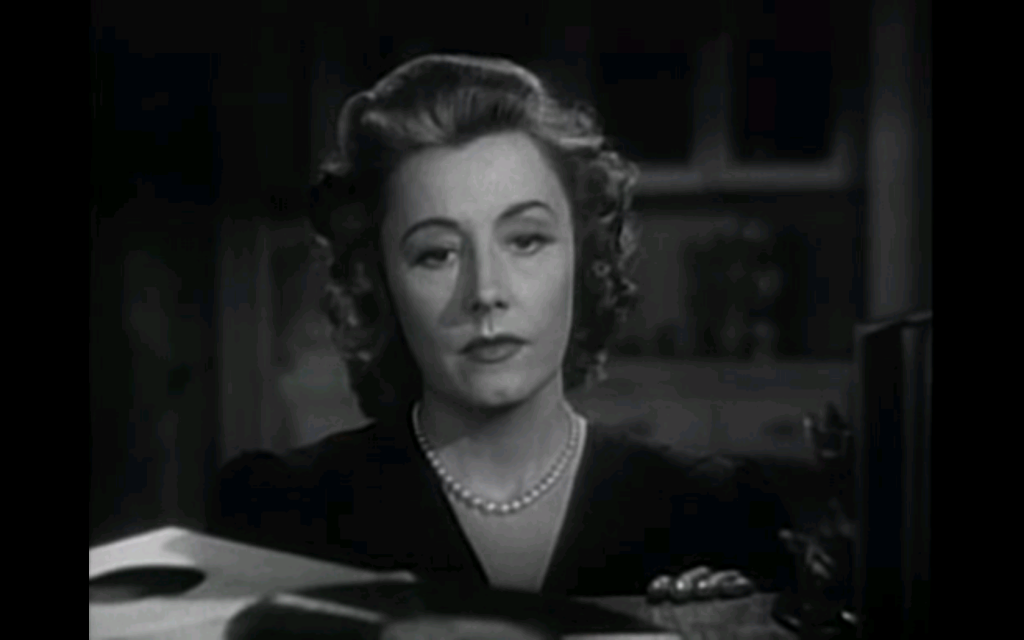
- Cary Grant as Roger Adams
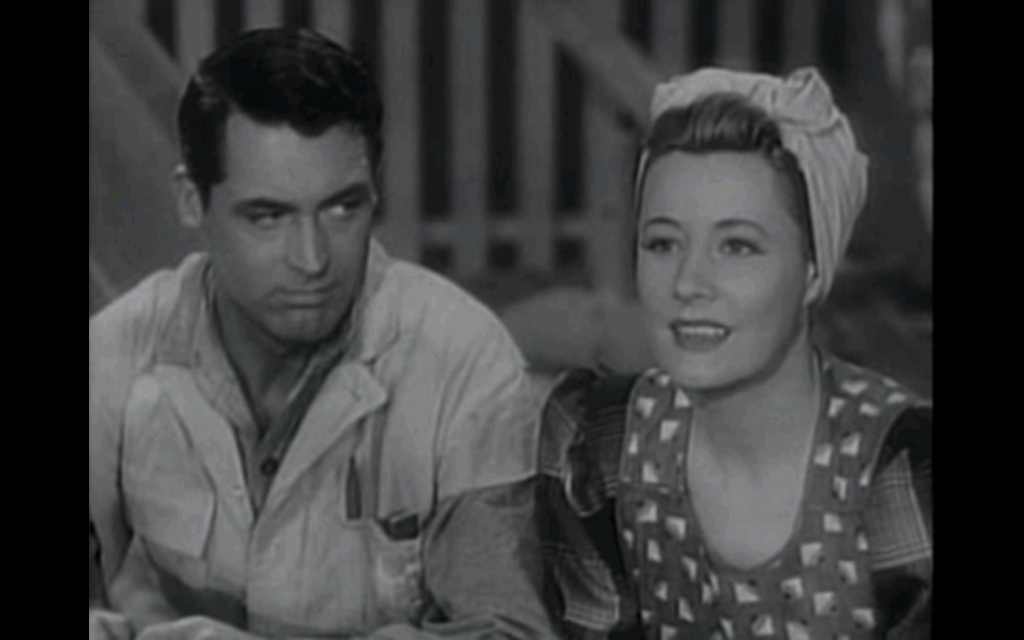
- Edgar Buchanan as Applejack
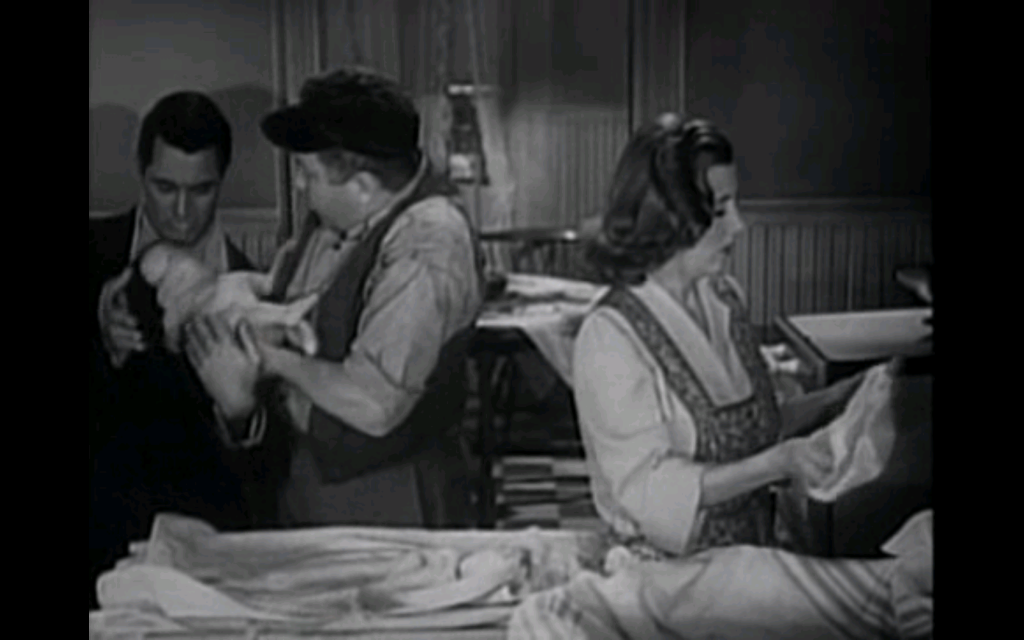
- Beulah Bondi as Miss Oliver
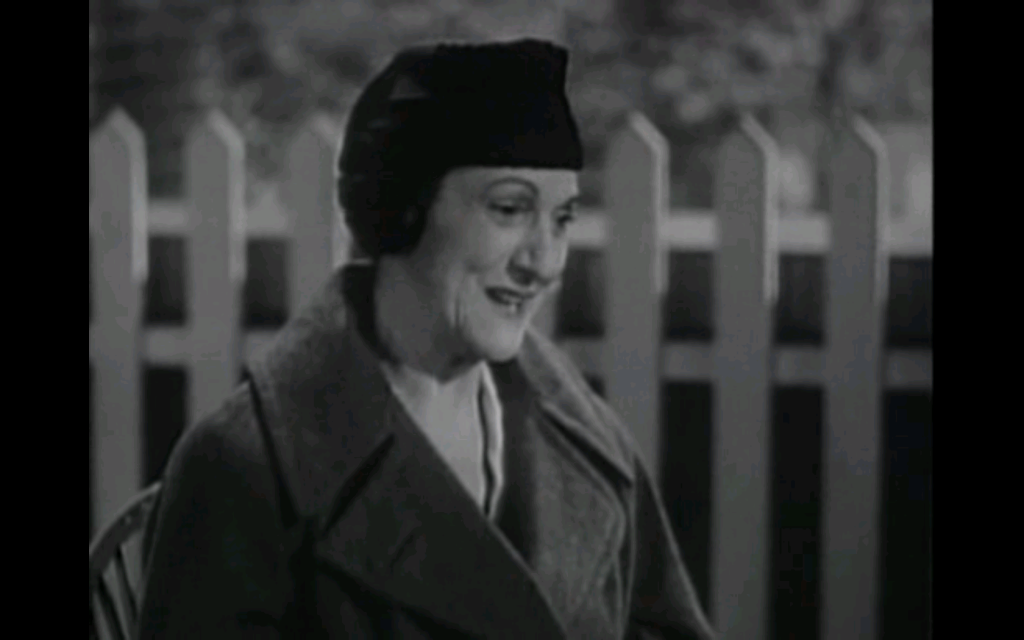
- The humorous, insightful “newborn” scenes
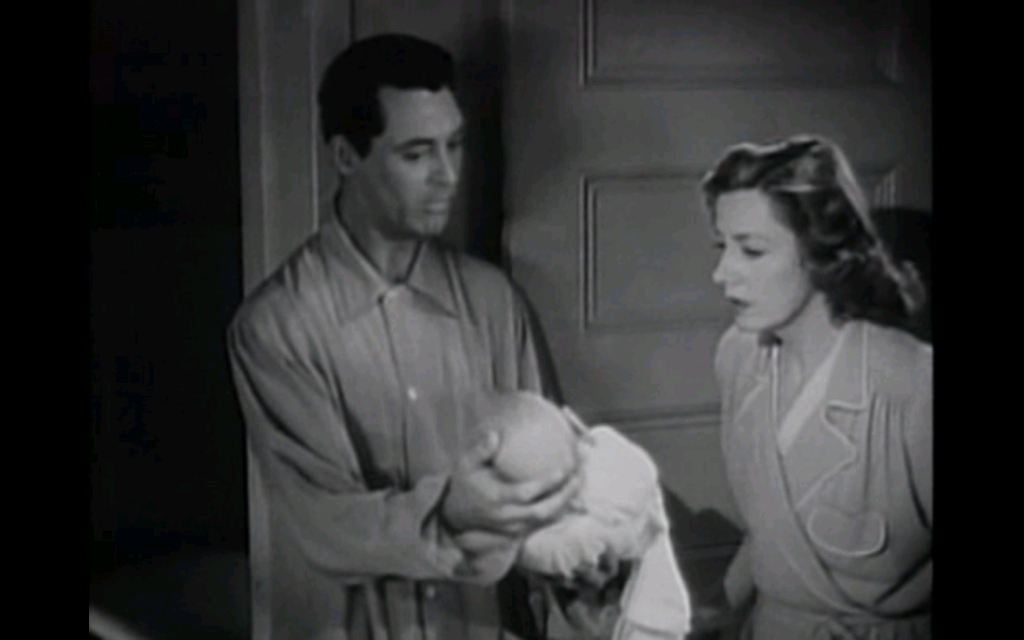
Must See?
Yes, as a classic soaper.
Categories
Links:
|
One thought on “Penny Serenade (1941)”
First viewing. Not must-see.
Admittedly…overall (mostly outside of ‘Shane’, I guess), I’m not a real fan of the work of director George Stevens. I sometimes see his work as along the lines of that of Steven Spielberg: manipulative and signalling what he wants the audience to feel (i.e., this film has a fairly steady flow of violins in its music score).
Although I’ve never had children and never lived day-to-day with small babies, I’ve certainly been around them, taken care of them off and on, and have even given them baths. So watching some of the behavior in this film is a bit troubling.
Generally speaking, the screenplay is forced (for merely one example, we get such things as a suddenly-ringing alarm clock – which makes Grant and Dunne panic, since the baby might wake up – and then, oh goodness!, the off-switch breaks and the clock is still ringing!…whatever shall we do?!). Often, when the script is already thick enough, Stevens isn’t above laying the hand down more heavily (i.e., the bathing of the child: even though Buchanan tells Dunne that there isn’t enough water in the small tub for the child to drown – and there’s also a head rest! – Dunne is so completely bewildered, and without common sense, in dealing with an infant that she ultimately becomes hysterical and screams at those nearby who are watching her).
In keeping with this overdone tone…at one point, when Grant notices that the child is not in her bed, he literally rips all of the coverings off of the bed looking for her…(um, seriously?!).
The Bondi character is also problematic. Why – in the presence of Grant, who is plainly and even rudely making it clear that he has no interest whatsoever in a girl baby – does she beam and declare that she has found the perfect couple for the female infant? And why, when Bondi visits unannounced, is she so appalled at finding Dunne in her kitchen dancing around to some light music…esp. when Dunne is also in cleaning gear and being a responsible adult by sprucing up her home?! It’s not like she’s sitting around, eating bonbons and doing her nails.
Side note: In the sequence in Japan, it’s fairly hilarious seeing Dunne dressed in what is clearly a very Hollywood version of a traditional Japanese kimono. But then, the whole Japanese thing is not all that accurate, except for the earthquake (at the end of which, Stevens finds another opportunity to be wildly manipulative: the suddenly re-appearing fortune cookie stating that a baby is in the future gets pounded and pounded by debris).
I suppose I could go on and on in this vein. The movie falls apart for me rather often. (It’s also a little creepy when Dunne tells Bondi that what they want is a child “with curly hair, blue eyes, dimples…”…like she’s grocery shopping.)
That said…the film is not a total loss. Both Grant and Dunne occasionally have moments that work (and Buchanan is a definite plus, and believable). Grant is afforded a highlight when he pleads his case to the judge re: why he should not take the child away after a year. And both Grant and Dunne do well when, late in the film, tragedy strikes. Sudden loss, such as they experience, can really drive a wedge into a relationship…and that’s an interesting turn.
Clearly, I’m not all that taken with this flick. The sudden, absurd ‘feel good’ ending didn’t do much for me, either.